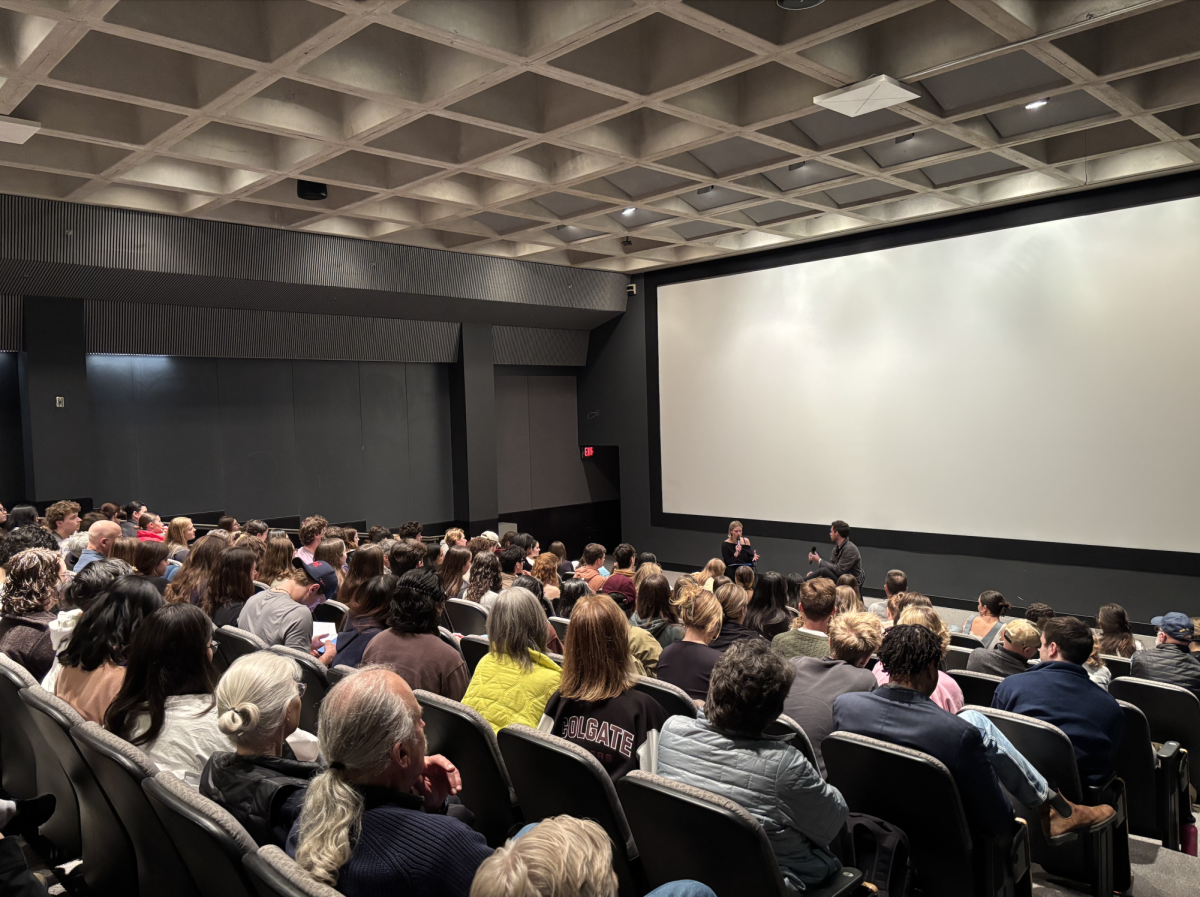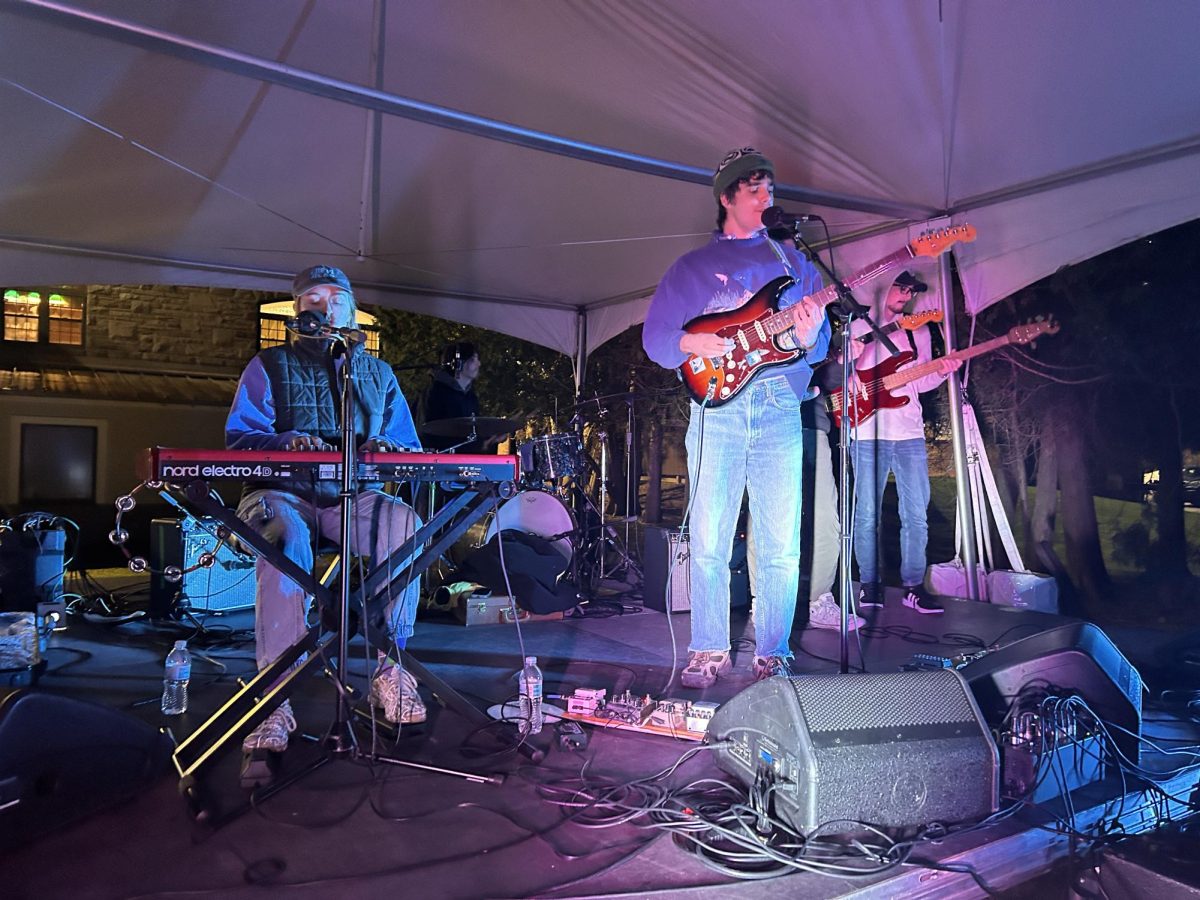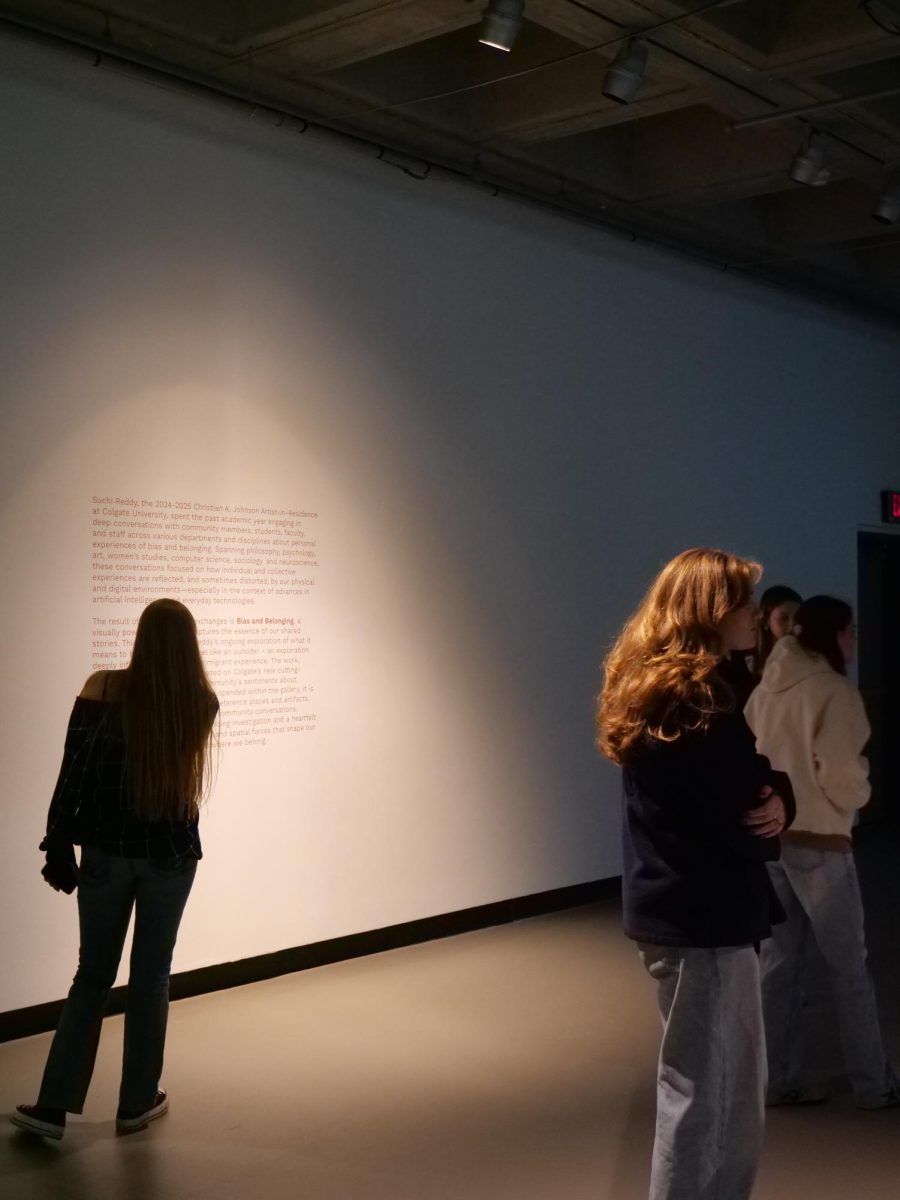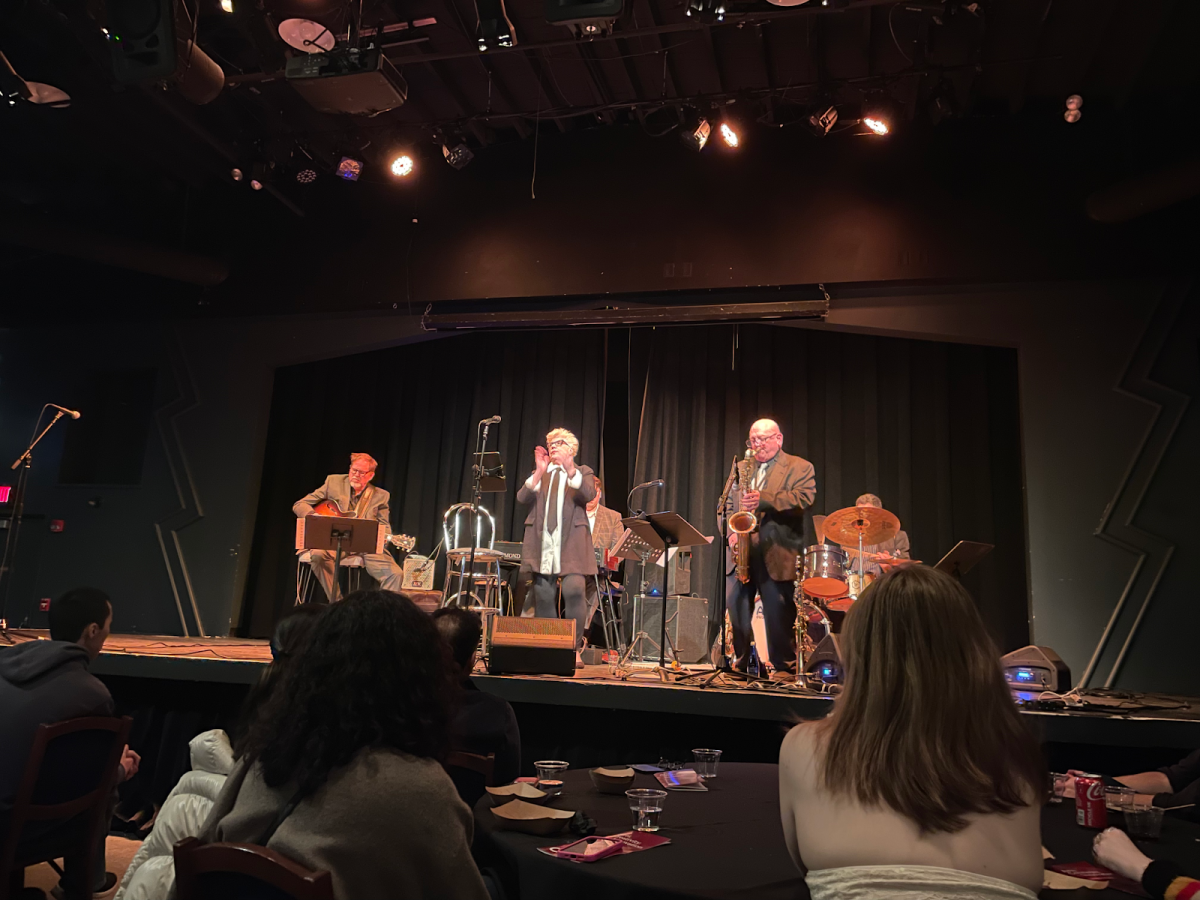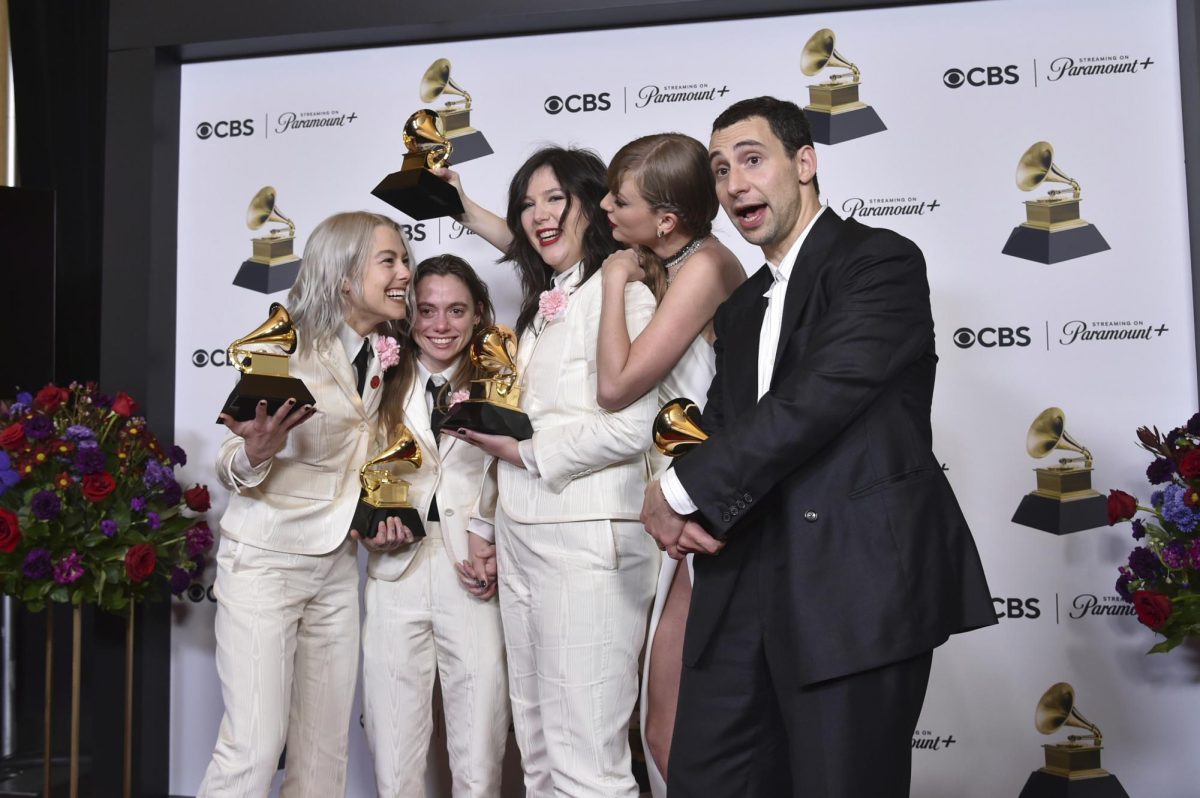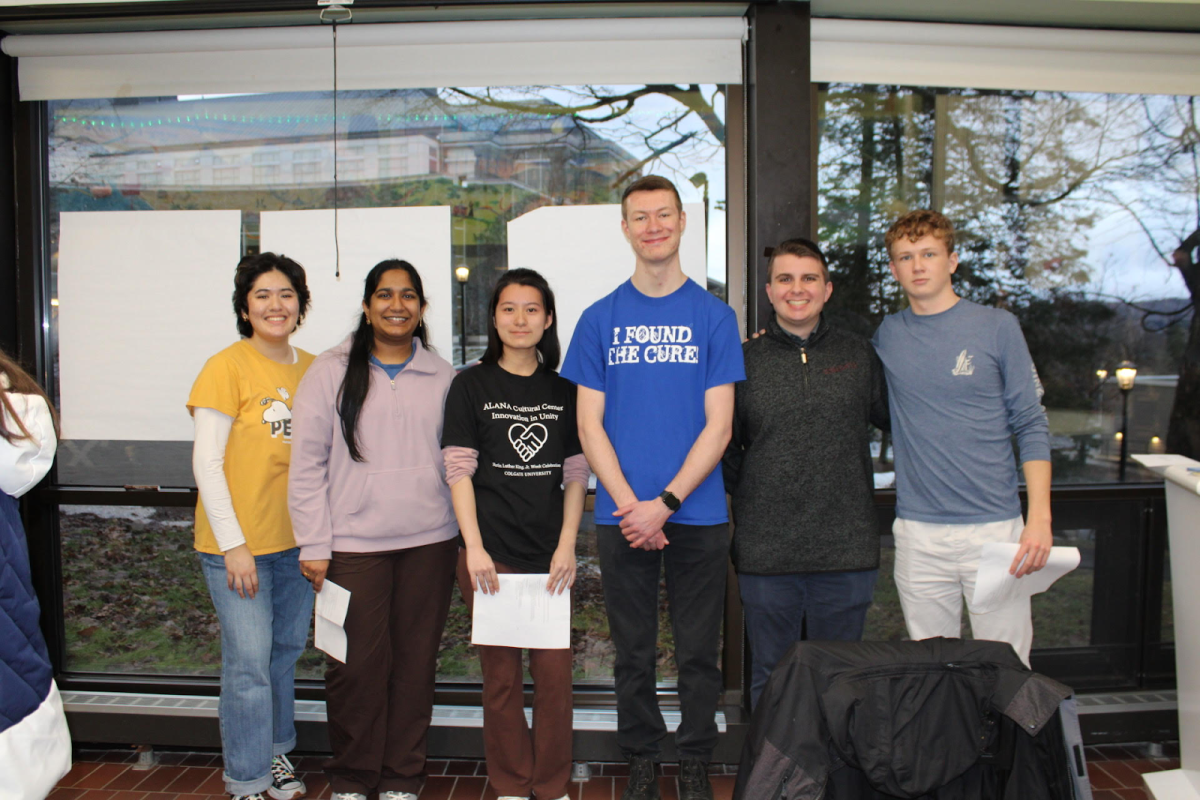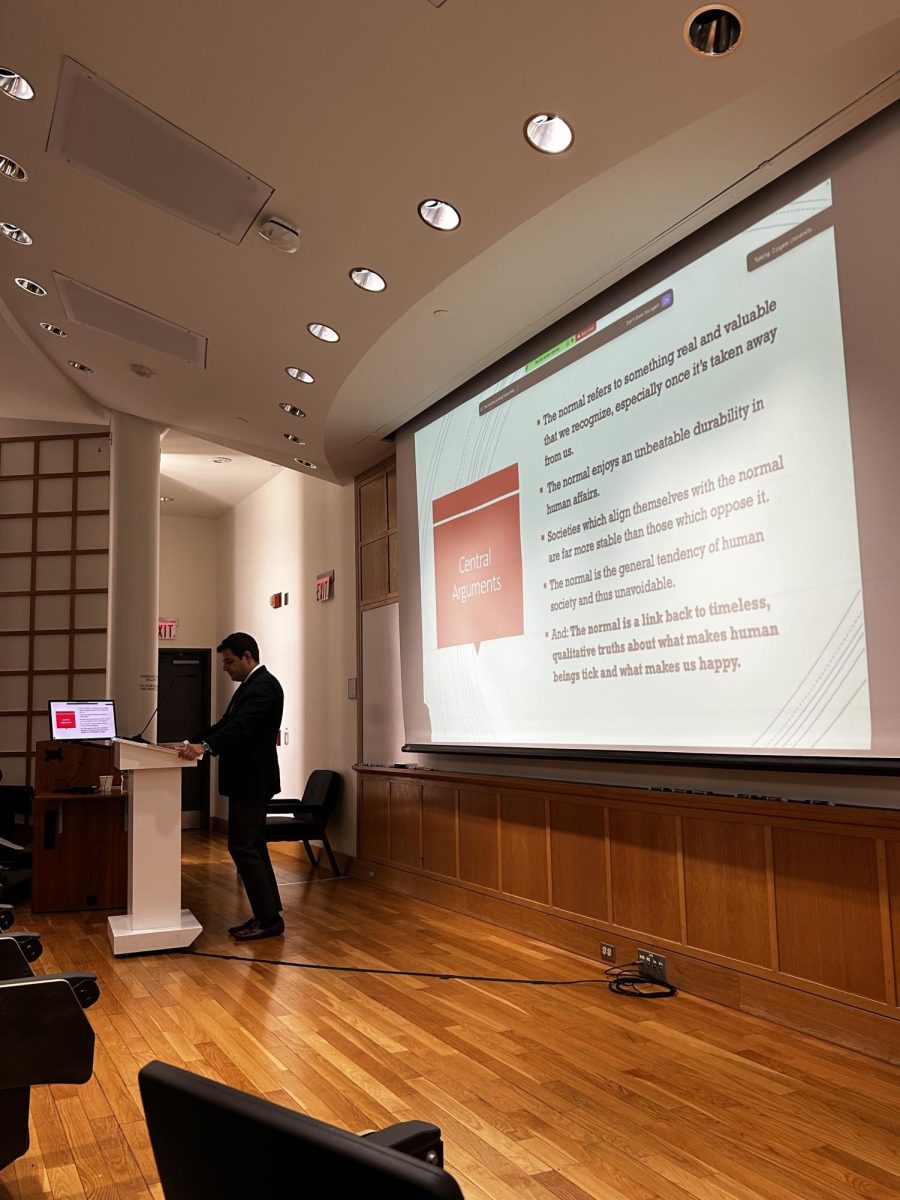Have you noticed recently that a lot of your favorite music isn’t on TikTok anymore? Artists including Taylor Swift and Noah Kahan have recently had their music pulled from the social media platform after Universal Music Group’s (UMG) contract with the platform ended. UMG released a statement prior to the end of their contract with the social media platform detailing a list of qualms they have with TikTok and why they will not be renewing their contract.
Their claims centered on three main issues: artist compensation, the use of AI on the platform and user safety.
UMG claims that while attempting to negotiate a new contract, TikTok proposed royalty rates deemed unacceptable by UMG.
“[TikTok] proposed paying our artists and songwriters at a rate that is a fraction of the rate that similarly situated major social platforms pay,” UMG said. “TikTok is trying to build a music-based business without paying fair value for the music.”
The music conglomerate’s statement continues to call out the social media platform, touching on how little their artists and songwriters are being compensated.
“[Despite] its massive and growing user base, rapidly rising advertising revenue and increasing reliance on music-based content, TikTok accounts for only about [one] percent of our total revenue,” the statement read.
In terms of AI, Universal is claiming that TikTok is letting the platform be overrun by the mass amounts of AI-generated music covers. ByteDance, the Chinese company that owns TikTok, purchased Jukedeck in 2019, which allows users to alter music to go along with their videos, according to The Washington Post.
UMG argues that TikTok has “moved aggressively to embrace the promise of AI while fighting to ensure artists’ rights and interests are protected now and far into the future,” but they believe that TikTok has gone too far in support of AI. UMG states that Tiktok’s support of AI has the potential to “massively dilute the royalty pool for human artists” and threatens to replace artists with artificial intelligence.
UMG’s third qualm with TikTok is the safety of platform users as well as their artists.
“TikTok makes little effort to deal with the vast amounts of content on its platform that infringe our artists’ music, and it has offered no meaningful solutions to the rising tide of content adjacency issues, let alone the tidal wave of hate speech, bigotry, bullying and harassment on the platform,” UMG said.
In response to UMG’s claims, TikTok released their own statement that condemns UMG’s “false narrative and rhetoric.”
“It is sad and disappointing that Universal Music Group has put their own greed above the interests of their artists and songwriters,” TikTok said. “They have chosen to walk away from the powerful support of a platform with well over a billion users that serves as a free promotional and discovery vehicle for their talent.”
Artists who promote their music on TikTok — specifically, smaller artists like Cody Fry, for example — are upset that they will no longer be able to promote their music on the platform. Fry had been using the platform to extend the reach of his music when the agreement between the two companies ended, and along with it, his ability to promote his music on the app. His song “Things You Said” had just been gaining traction from a trend on Douyin, the Chinese counterpart to TikTok, when the statement was released indicating the end of UMG and TikTok’s agreement.
Fry spoke with Rolling Stone about his experience regarding the ending of the contract.
“It just feels like I am nothing, like I’m just at the mercy of the machinations of these multibillion-dollar corporations,” Fry said. “The bummer is that it feels like UMG and TikTok are both going to be fine. Meanwhile, the actual artists on the ground are the ones that are going to take the hits for this.”


